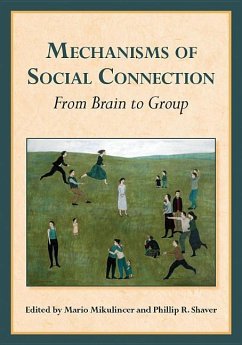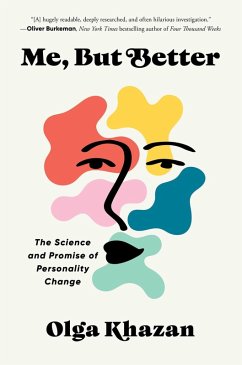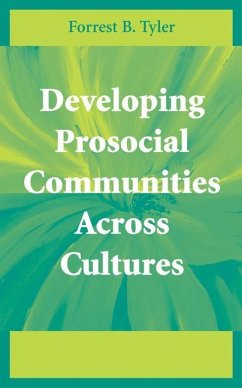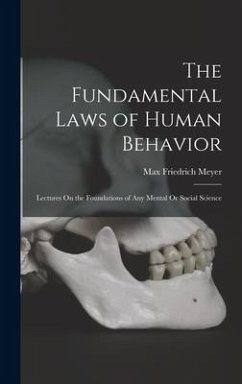Nicht lieferbar
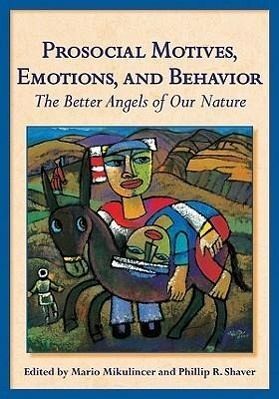
Prosocial Motives, Emotions, and Behavior
The Better Angels of Our Nature
Herausgeber: Mikulincer, Mario; Shaver, Phillip R
Versandkostenfrei!
Nicht lieferbar
Research shows that human beings have an innate capacity for prosocial behavior, but the inclinations underlying such behavior can be blocked, inhibited, or overpowered by selfish, neurotic, or culturally engrained attitudes and values. Genes, personality, past social experiences, social and cultural identities, and contextual factors can all influence the degree to which human behavior is empathic, generous, and kind-or cruel, vindictive, and destructive. Prosocial Motives, Emotions, and Behavior is a comprehensive examination, from a variety of perspectives, of the interplay of these influen...
Research shows that human beings have an innate capacity for prosocial behavior, but the inclinations underlying such behavior can be blocked, inhibited, or overpowered by selfish, neurotic, or culturally engrained attitudes and values. Genes, personality, past social experiences, social and cultural identities, and contextual factors can all influence the degree to which human behavior is empathic, generous, and kind-or cruel, vindictive, and destructive. Prosocial Motives, Emotions, and Behavior is a comprehensive examination, from a variety of perspectives, of the interplay of these influences.




